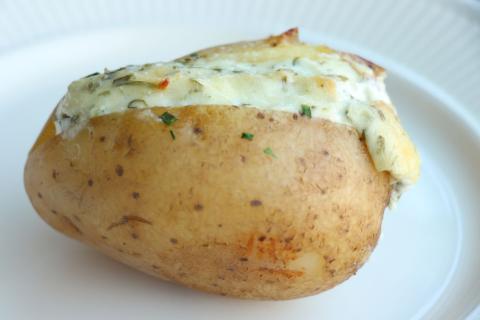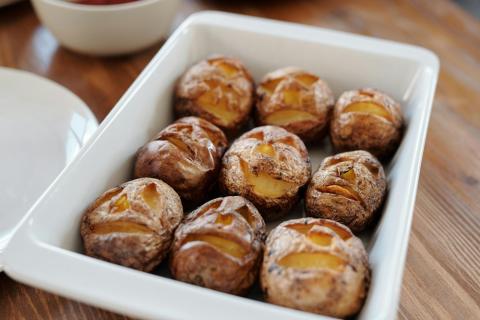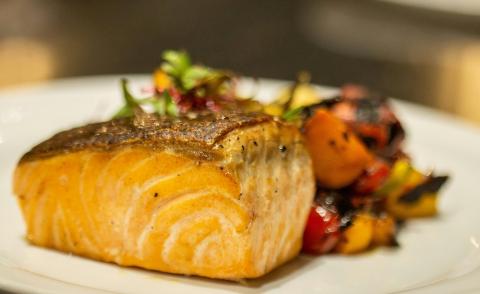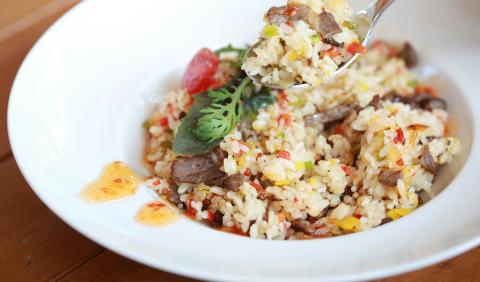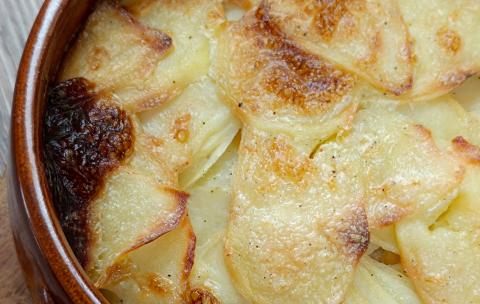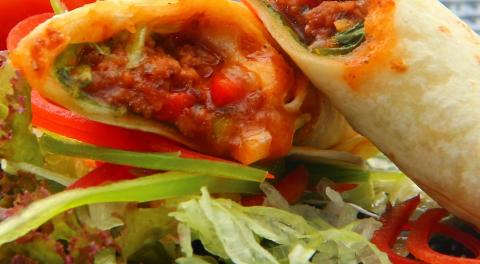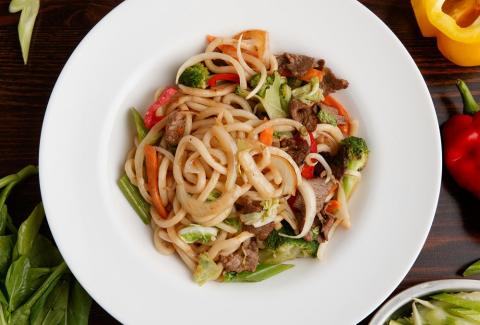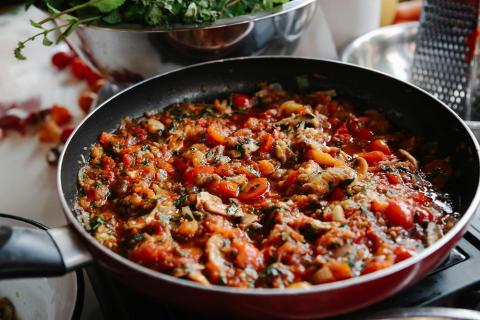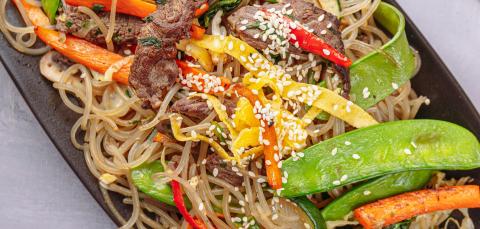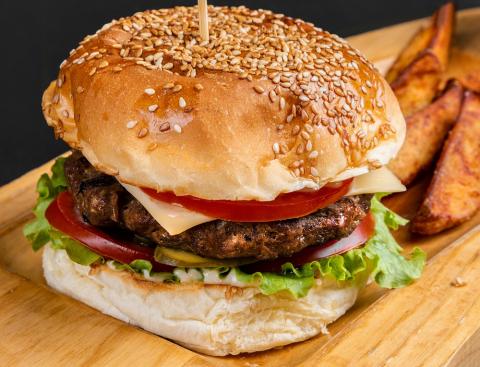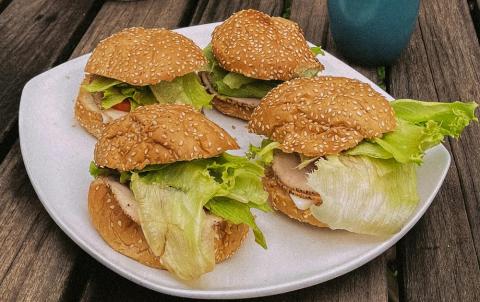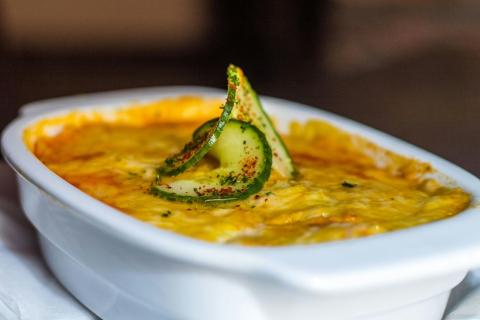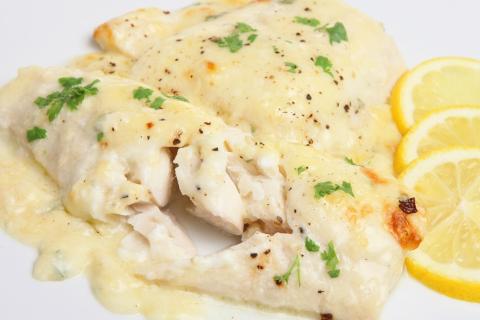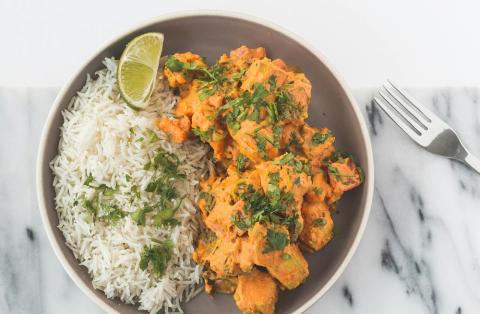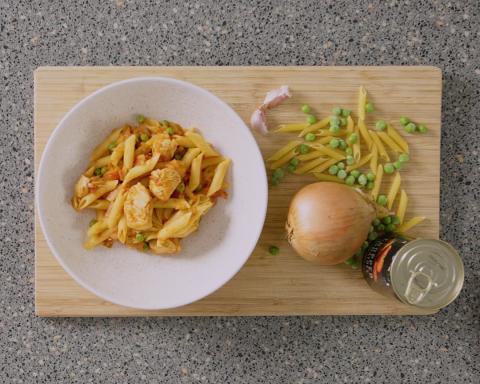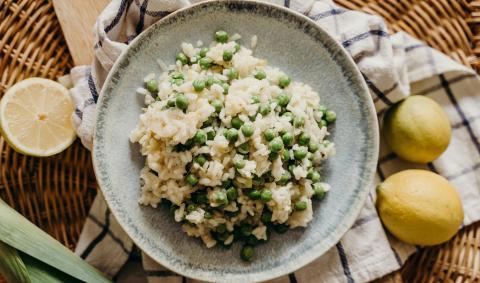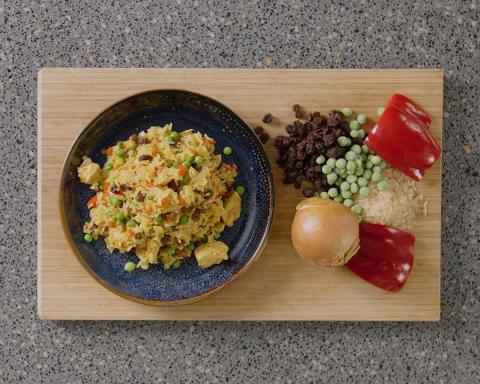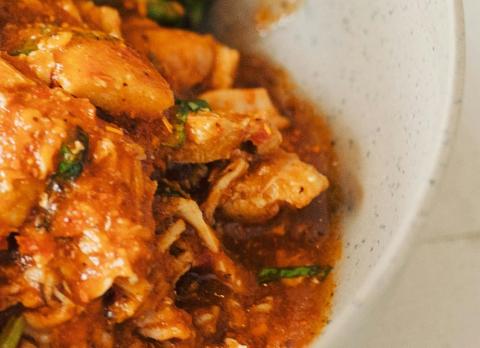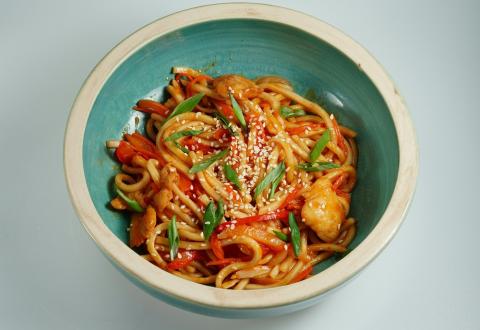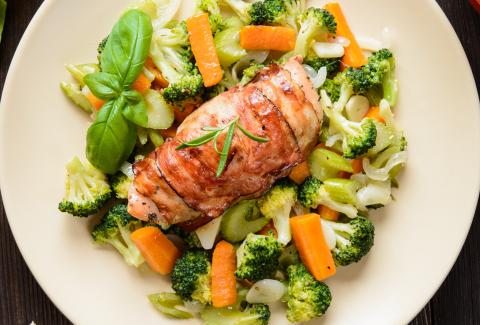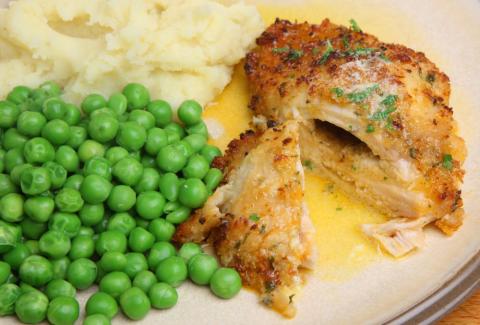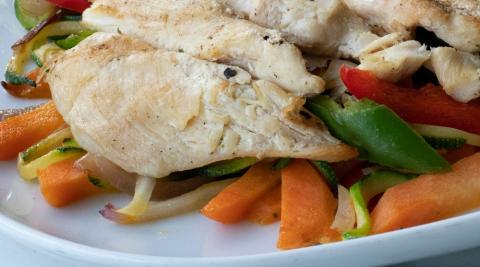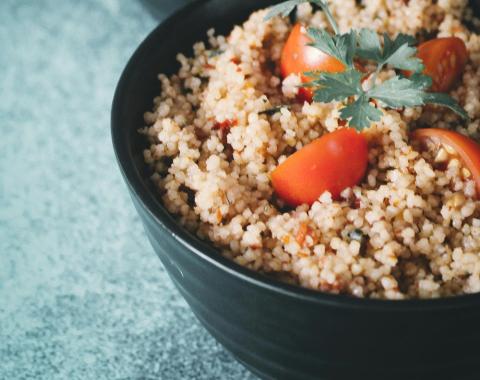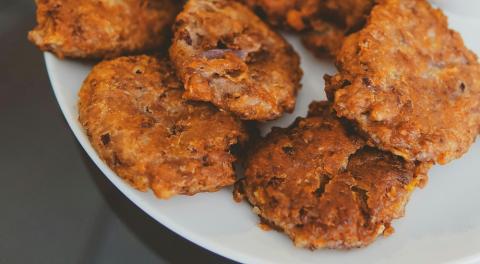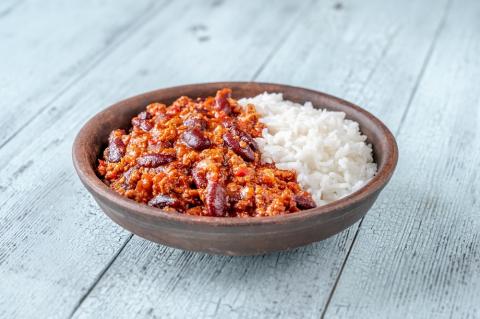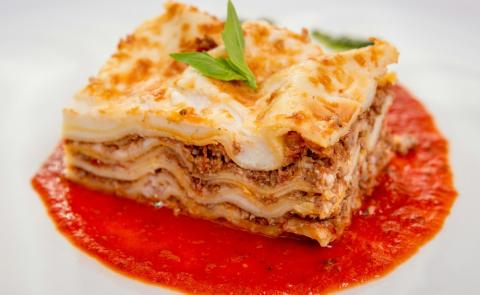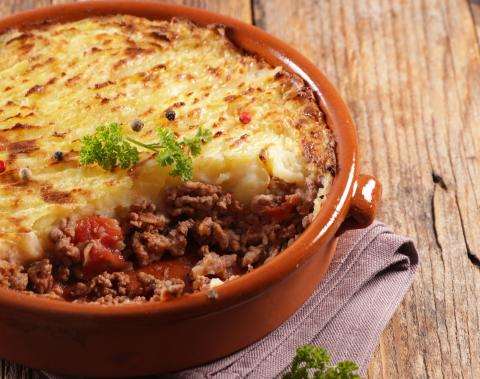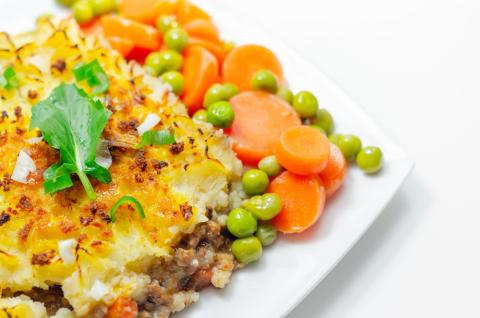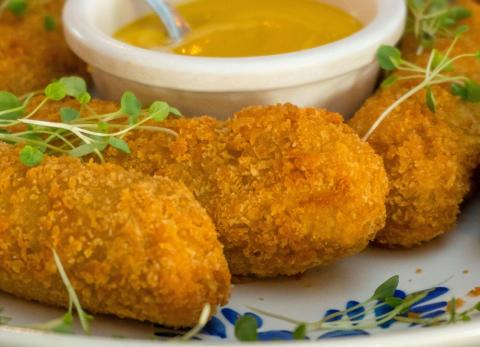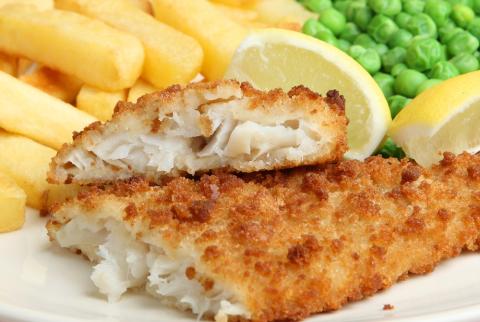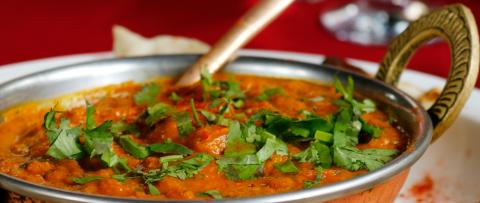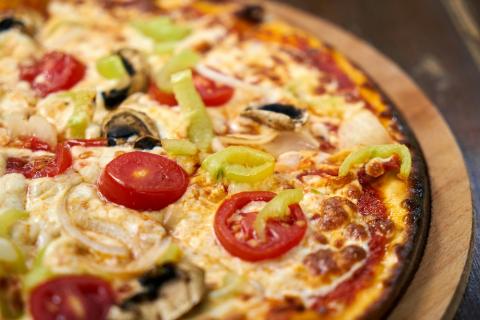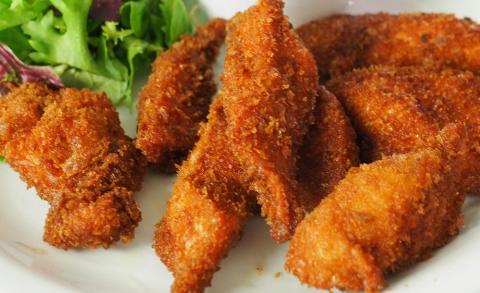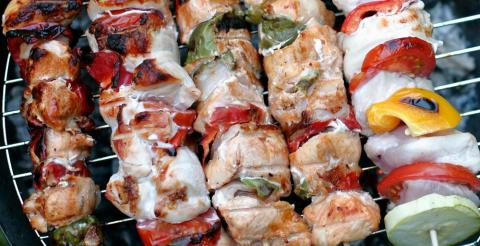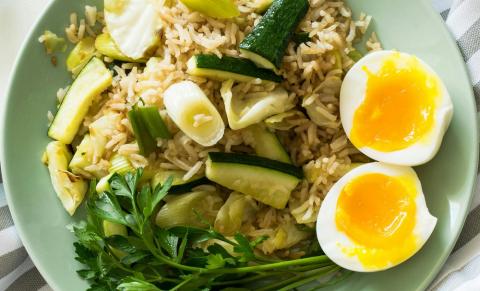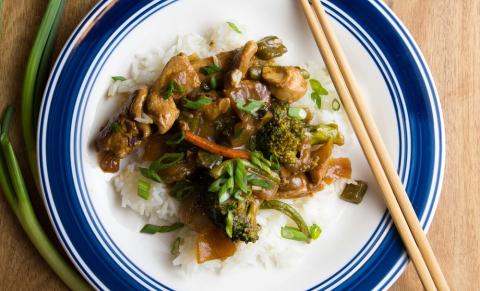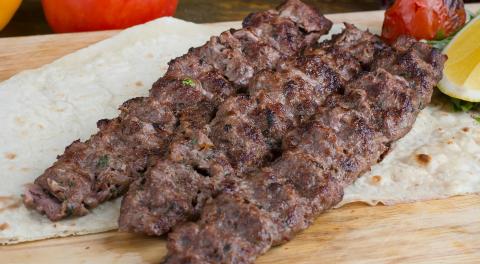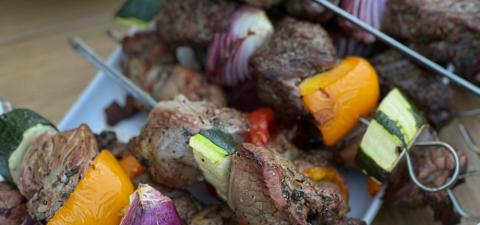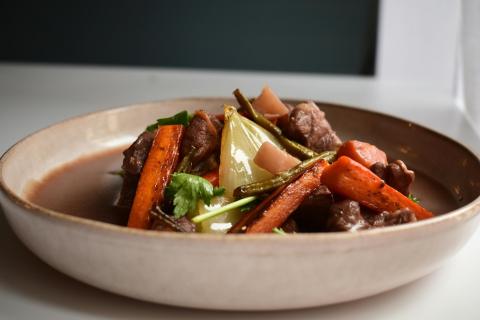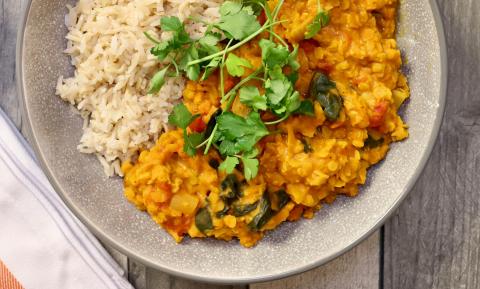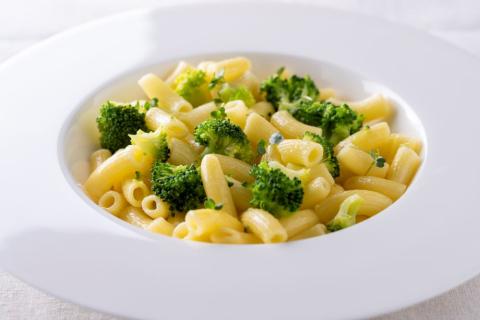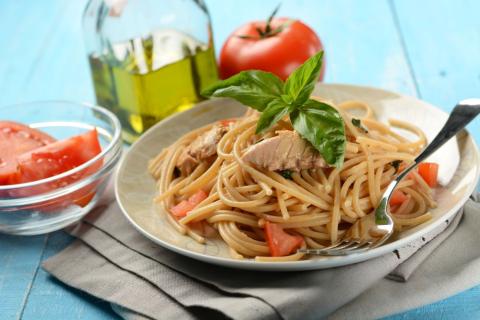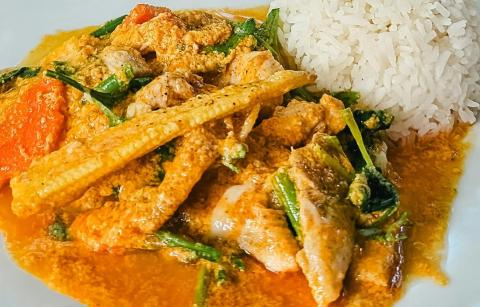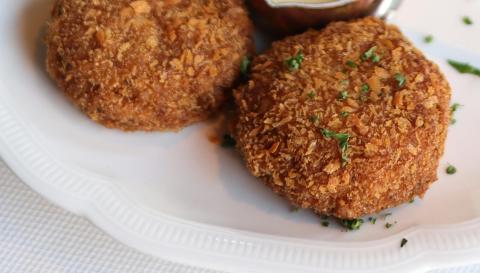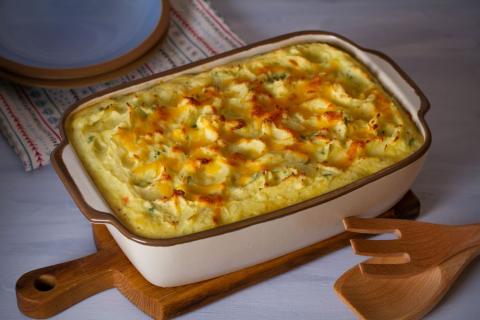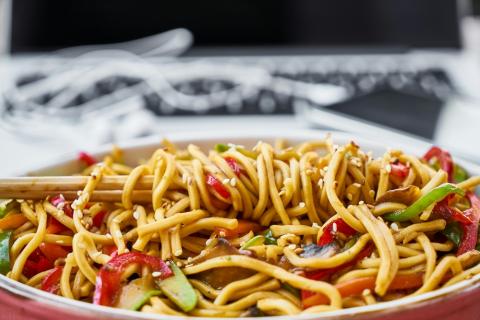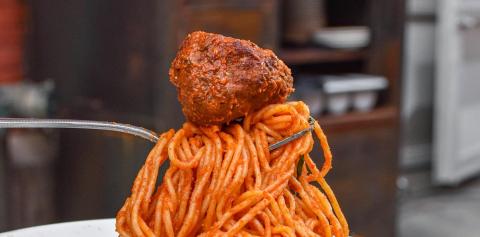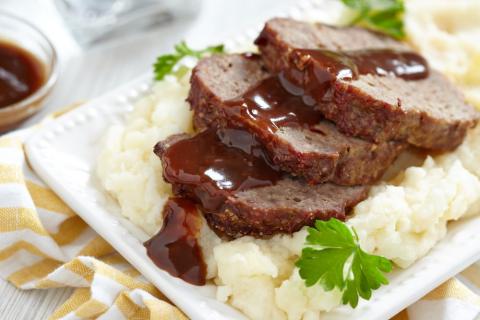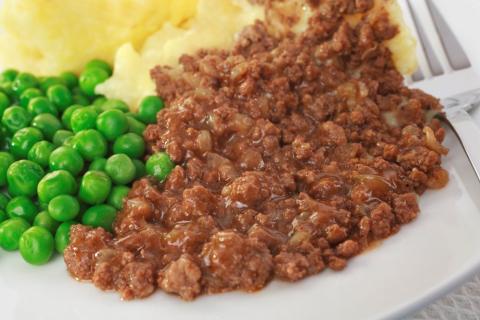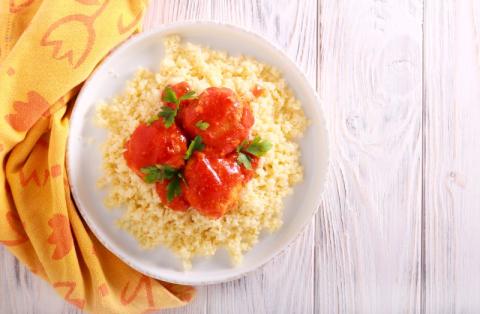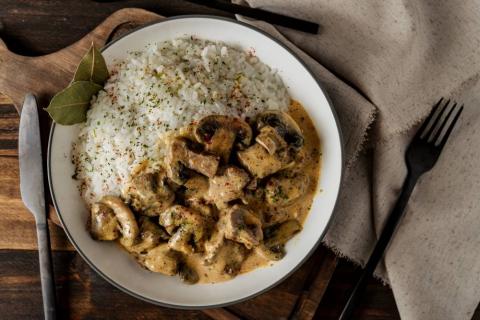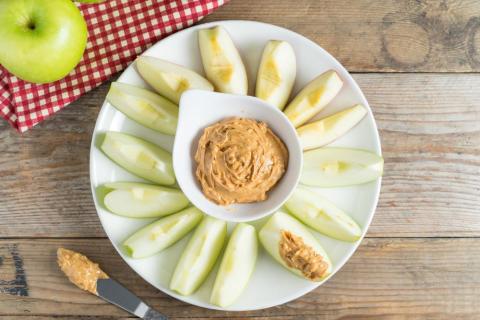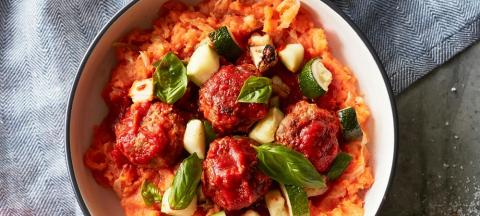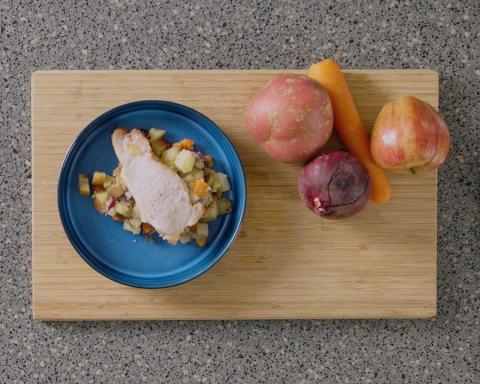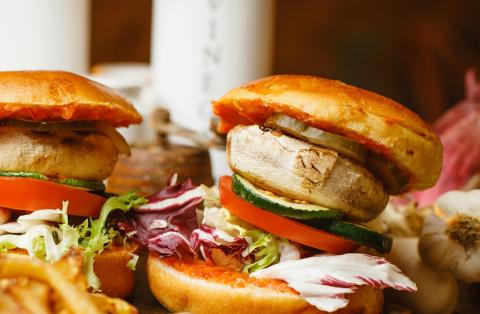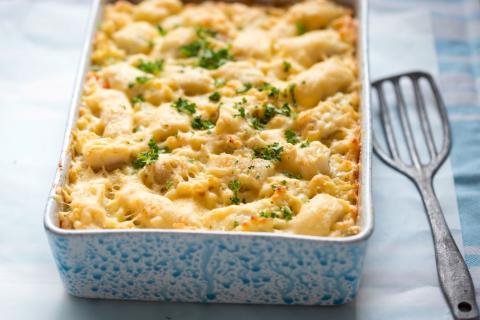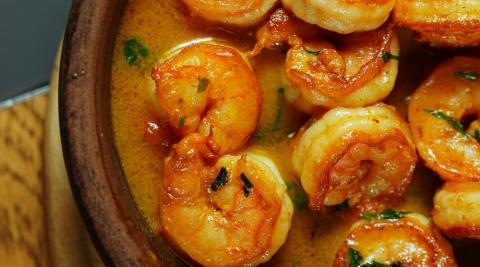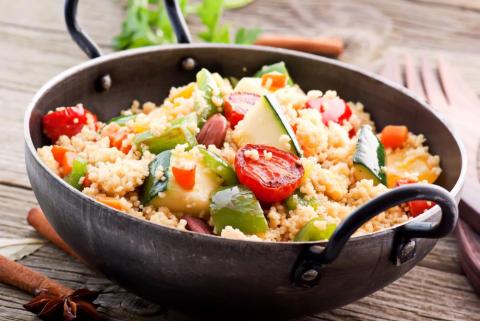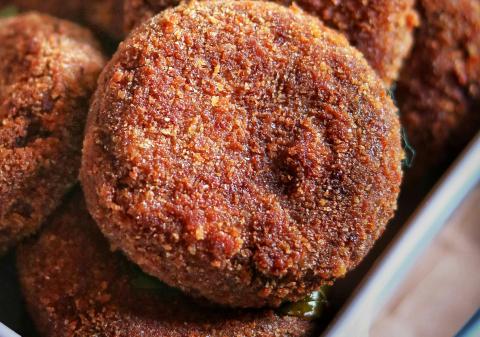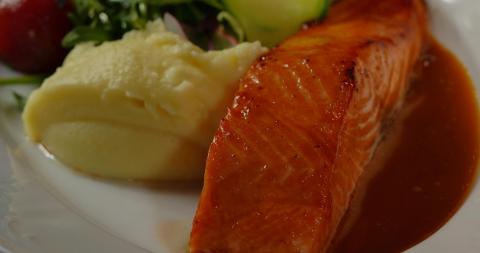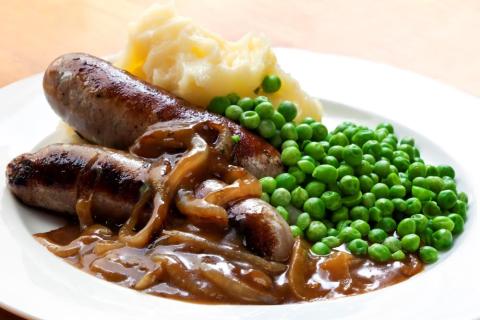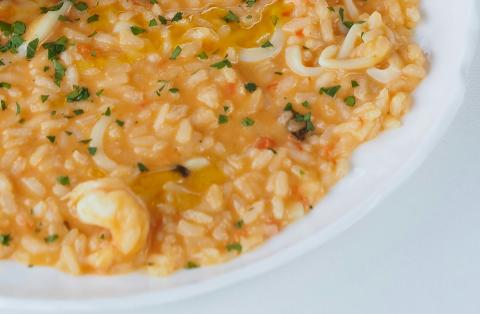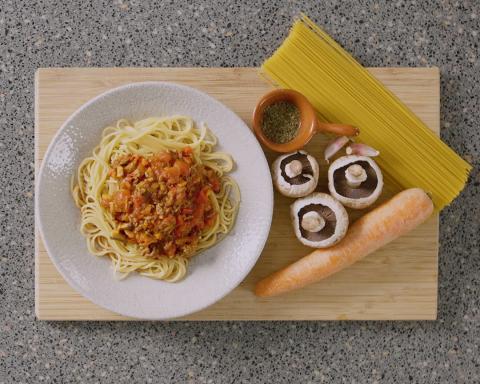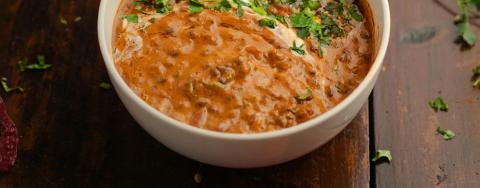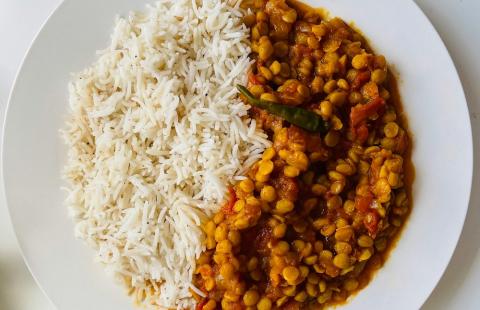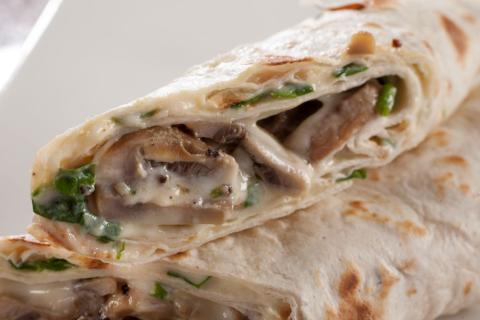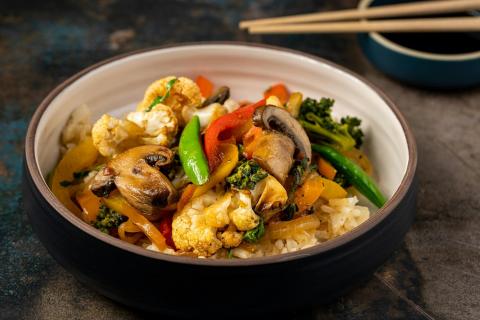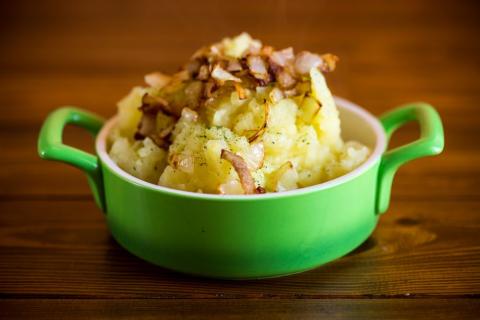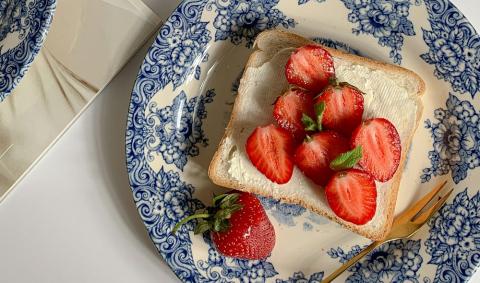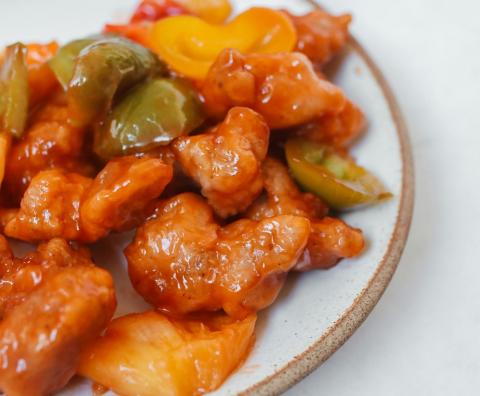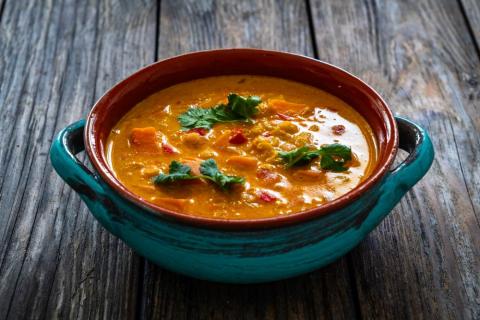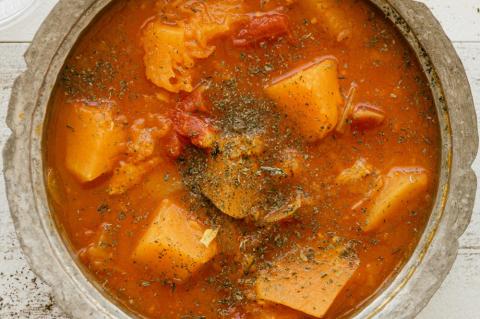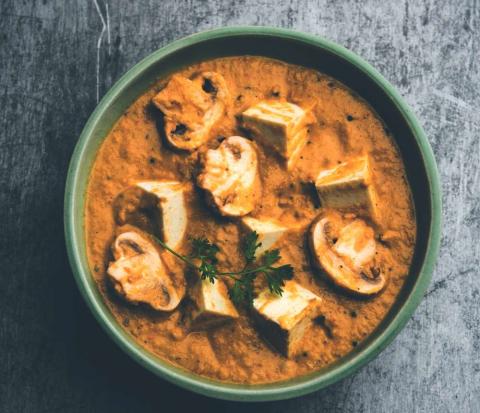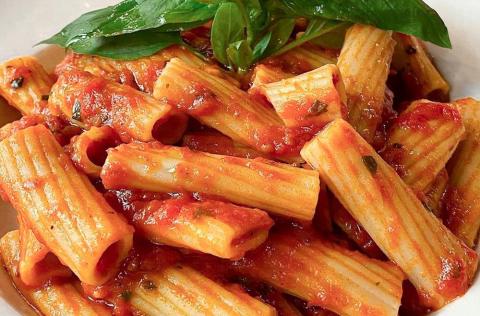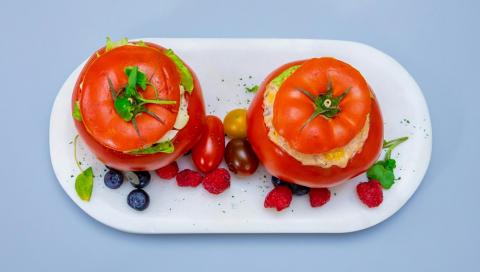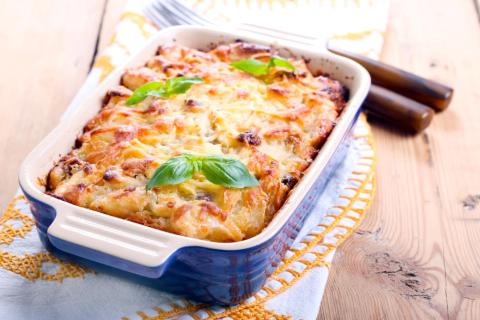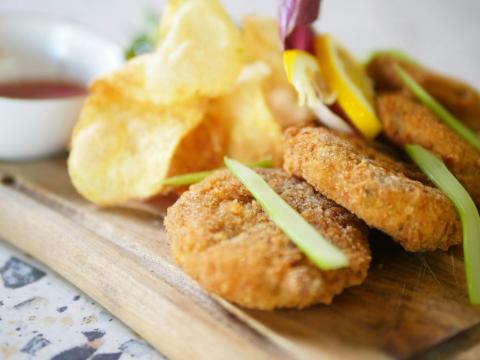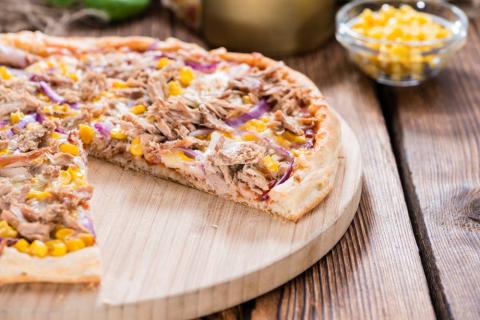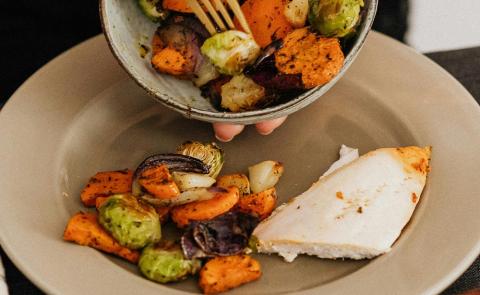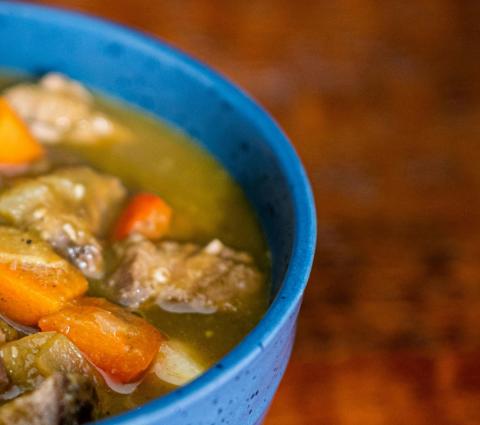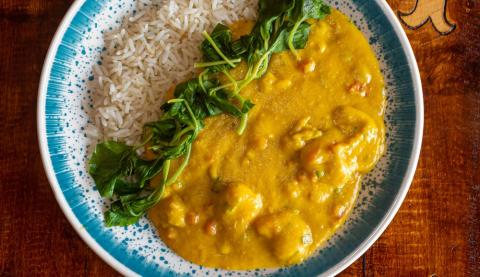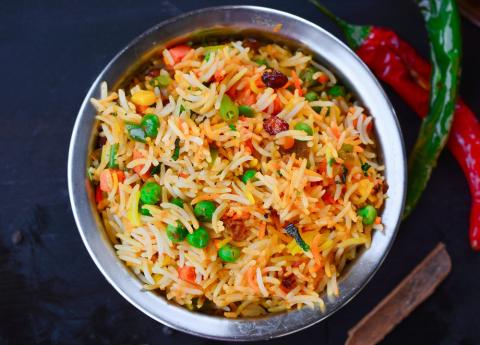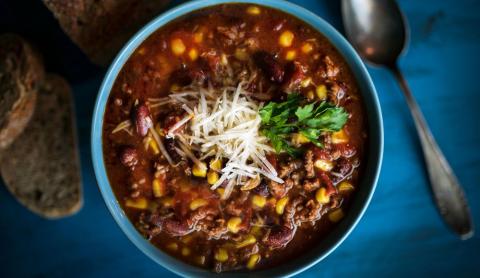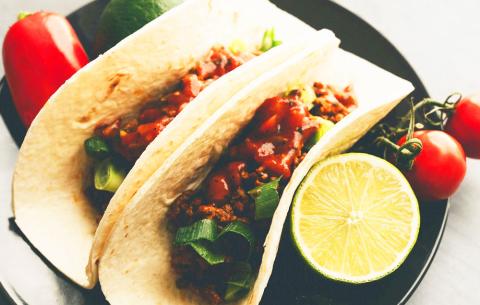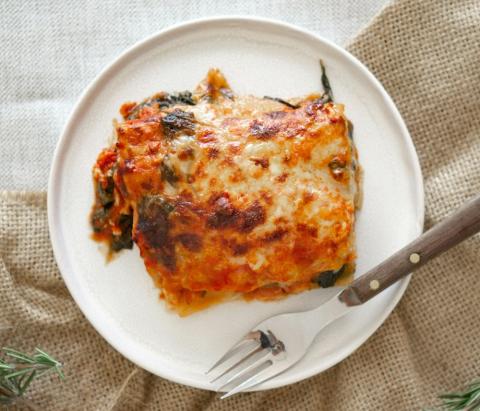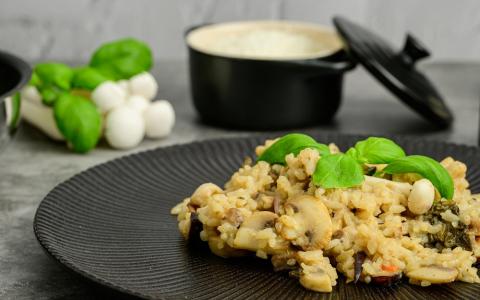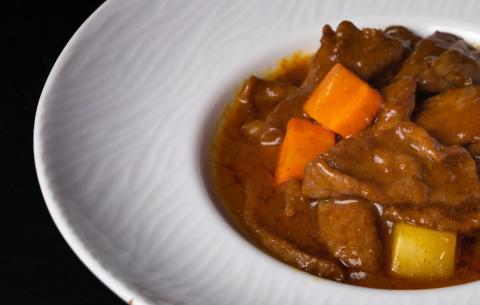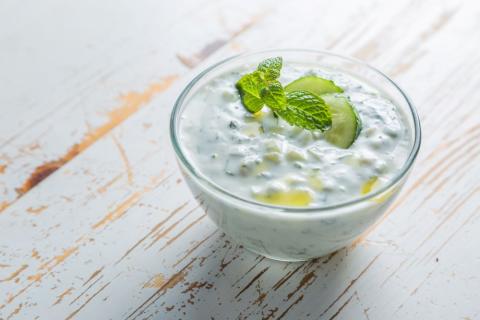- 1 Pack (320g) Couscous
- 1 (80g) Lemon
- ¾ for the couscous Pint (450ml) Water
- 1 Tablespoon (10g) Vegetable Oil
- 1 Tablespoon (30g) Clear Honey
- 4 (400g) Chicken Breasts
- 1 Teaspoon (1g) Ground Cinnamon
- 1 Can (400g) Chopped Tomatoes
- ½ Reduced salt (4g) Chicken Stock Cube
- 10 For stock Tablespoons (150ml) Water
- 1 Teaspoon (1g) Ground Cumin
- 4 Tablespoons (200g) Green Beans
Ingredients
Allergy Disclaimer
Always check the label of each ingredient for allergy warnings.
Method
- Slice the chicken into strips and drizzle with honey
- Heat the oil in a large pan then add chicken carefully to the pan. Fry over a medium heat for 5-6 minutes until golden brown
- Half the lemon and squeeze juice from one half into the pan along with finely grated zest from half the lemon. Trim the ends off the green beans if needed and cut them in half and add to the pan with the chopped tomatoes, cumin and cinnamon
- Dissolve stock cube in boiling water and add to the pan, bring to the boil and then turn down to a simmer, uncovered for 8-10 minutes until the beans are tender
- In a large bowl add the cous cous with remaining lemon juice and zest. Pour boiling water over and cover with cling film
- Once the green beans have softened separate the cous cous by mixing gently with a fork and serve
Tips for Kids
Let them help drizzle the honey and separate the cous cous.
Nutritional Information
Based on a single serving of 469g (% of an adult's reference intake)
Energy
553 kcals ( 28 %)
2,326 kJ ( 28 %)
Fat
2.3 g ( 12 %)
Saturates
78.3 g ( %)
Sugar
12.2 g ( 14 %)
Salt
0.5 g ( 8 %)
Detailed nutritional information
| Per 100g | Per 469g serving | |
|---|---|---|
| Energy Kcals | 118 | 553 |
| Energy Kj | 496 | 2,326 |
| Protein | 9 g | 42.2 g |
| Total Fat | g | g |
| Saturated Fat | 0.5 g | 2.3 g |
| Carbohydrates | 16.7 g | 78.3 g |
| Total Sugars | 2.6 g | 12.2 g |
| NSP Fibre | 1 g | 4.7 g |
| Sodium | 35 mg | 164 mg |
| Salt | 0.1 g | 0.5 g |
Find out about nutritional labelling
Nutrition labels on the front of packaging
- Most of the big supermarkets and many food manufacturers display nutritional information on the front of pre-packed food.
- Front of pack nutrition labels provide information on the number of grams of fat, saturated fat, sugars and salt and the amount of energy (in kJ and kcal) in a serving or portion of a recipe.
- The labels also include information about reference intakes (expressed as a percentage) which are guidelines about the approximate amount of particular nutrients and energy required for a healthy diet.
- The colour coding tells you at a glance if the food has high (red), medium (amber) or low (green) amounts of fat, saturated fat, sugars and salt.
- The more greens on the label, the healthier the choice
- Amber means neither high nor low, so you can eat foods with all or mostly ambers on the label most of the time.
- Reds on the label means the food is high in that nutrient and these are the foods we should cut down on. Try to eat these foods less often and in small amounts.
Food shopping tips
If you’re trying to decide which product to choose, check to see if there's a nutrition label on the front of the pack. This will help you to quickly assess how your choices stack up. You will often find a mixture of red, amber and green colour coding for the nutrients. So when you're choosing between similar products, try to go for more greens and ambers and fewer reds if you want to make a healthier choice.
 Activities & Play
Activities & Play Behaviour
Behaviour Childcare
Childcare Development & Growing Up
Development & Growing Up Family, Friends & Relationships
Family, Friends & Relationships Feeding Your Baby
Feeding Your Baby Food & Eating
Food & Eating Health & Safety
Health & Safety Mental Health & Wellbeing
Mental Health & Wellbeing Money & Work
Money & Work Online Behaviour & Safety
Online Behaviour & Safety Pregnancy & First Days
Pregnancy & First Days School & Education
School & Education Sleep
Sleep


